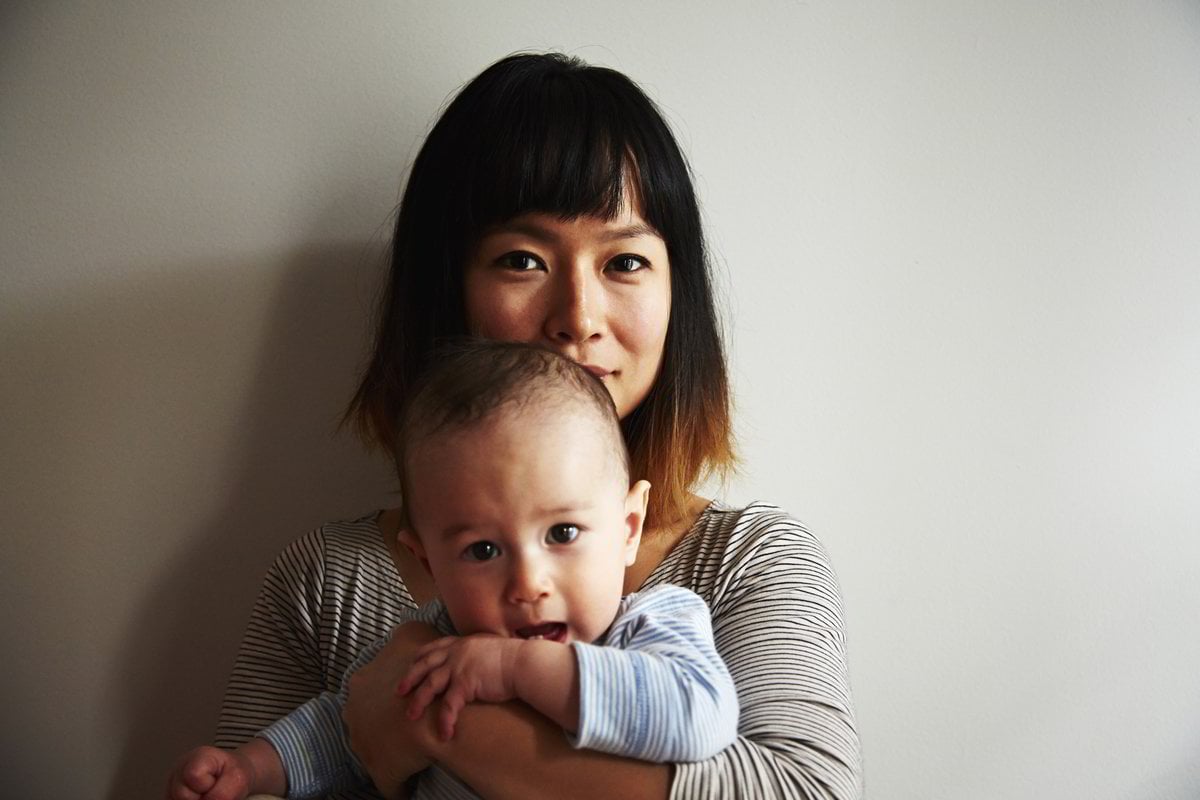
This post deals with postnatal depression and might be triggering for some readers.
When my daughter arrived, I was met with a lot of attention, even from people I hardly knew. Luckily, this attention was largely positive. But some of it was littered with well-meaning but damaging advice.
Everyone has an opinion on how you should parent. And as a first-time mum, I was very susceptible to feeling vulnerable and judged. I had no clue what I was doing, and this "advice" made me feel like everyone else agreed I wasn't up to the task.
Watch: The Mamamia team confess times we were bad mums. Post continues below.
Don't get me wrong, some of this advice has been a lifesaver. Being able to ask more experienced mothers whether something is normal or whether they have been through the same thing got me through a very lonely time. But here's the less helpful advice I received.
1. "Enjoy every moment."
Now my daughter is older, I have more of an understanding as to why people say this. Although the days are long, the years are short, and the newborn stage especially flies by. I wish I had enjoyed my time with her as a newborn, but I wasn't making a choice not to.
When I kept being told to enjoy every moment, I felt so much guilt. I wasn't enjoying motherhood. I was scared. I had no idea what I was doing. I felt like my baby hated me. And unbeknownst to me, I was beginning to develop postnatal depression.


Top Comments